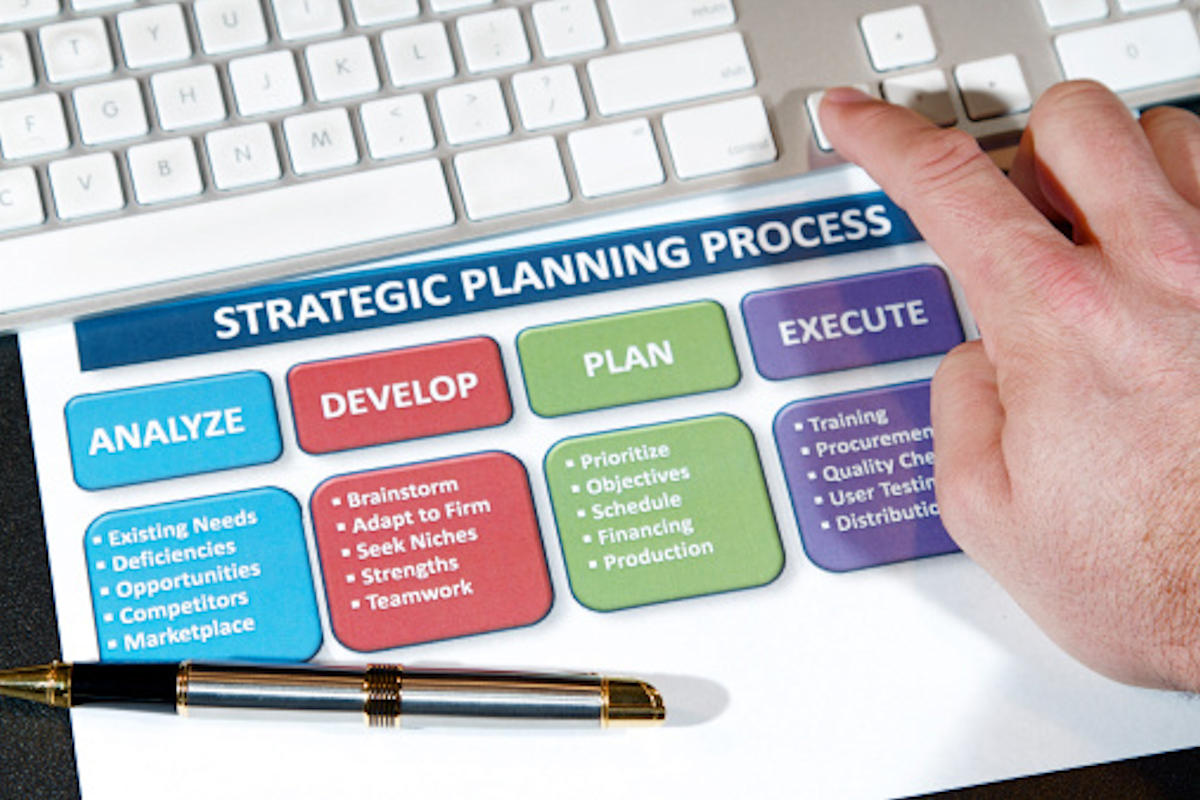Standardised project methodology is required to deliver successful supply chain transformation projects.
 Business Transformation
Business Transformation
Business Planning Process
A formalised business planning structure with a proven project management methodology incorporating project governance, project scope and business requirements are core components for a successful project. Depending upon the scale of an organisation, the business planning process can be simplified specifically for their project.
Business Governance
A governance model also embraces the methodologies, tools and standards for the organisation's resource pool. Modern governance models are a practical way of applying oversight for organisations decision making and change control protocols for effective business integration. A PMO (Project Management Office) is typically used by larger organisations to manage your business integration project.
Project Scope
A project scope statement is defined by the organisation after an extensive review of high level business requirements. As project scope documents can vary depending upon the type of project, the team should formulate the project deliverables and outline the core objectives against specific metrics which form the measurement criteria for the project. These are depicted in a milestone schedule and relevant costs associated for expenditure control.
Business Requirements Document
As a compliment to the project scope, the business requirements document represents a more detailed understanding of a future state solution and becomes the baseline for commercial contracts and variation management. The aim is to link the core items from the project scope document, undertake an AS-IS review, understand limitations/constraints and work towards a detailed design brief for the development phase. This is a typical phase for a systems project and will go through a number of iterations between project team members and relevant external parties.
A well structured, high quality business requirements document will determine the path of success for your project. Multi level collaboration will create a more favourable outcome during each stage of the project as people are being heard, their ideas formulated and can directly contribute to the final state solution. This is essential for managing large functional teams as the pressure will build around cost controls, time creep and scope creep issues that require escalation and resolution.
Testing and Implementation
Testing
All technology based projects follow rigorous compliance testing, verification testing and deployment protocols to ensure that what was designed will function as planned within a sandbox environment. Issue resolution continues to be managed as part of this sandbox testing environment to provide a clean and fully functional product. Cutover and migration planning supports the next phase of the project for deployment into a live environment as part of the change management program.

